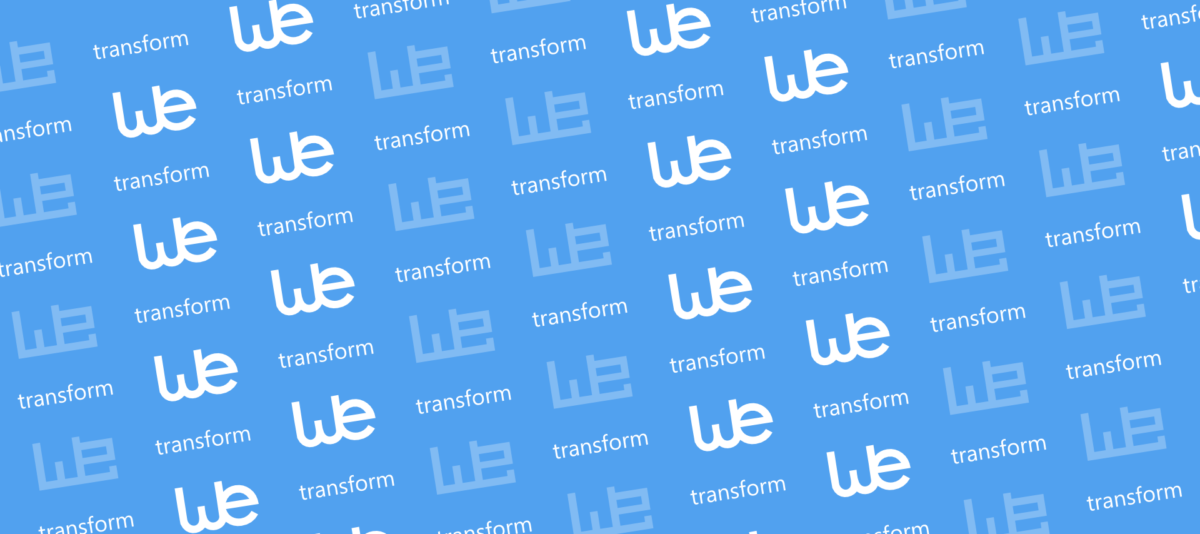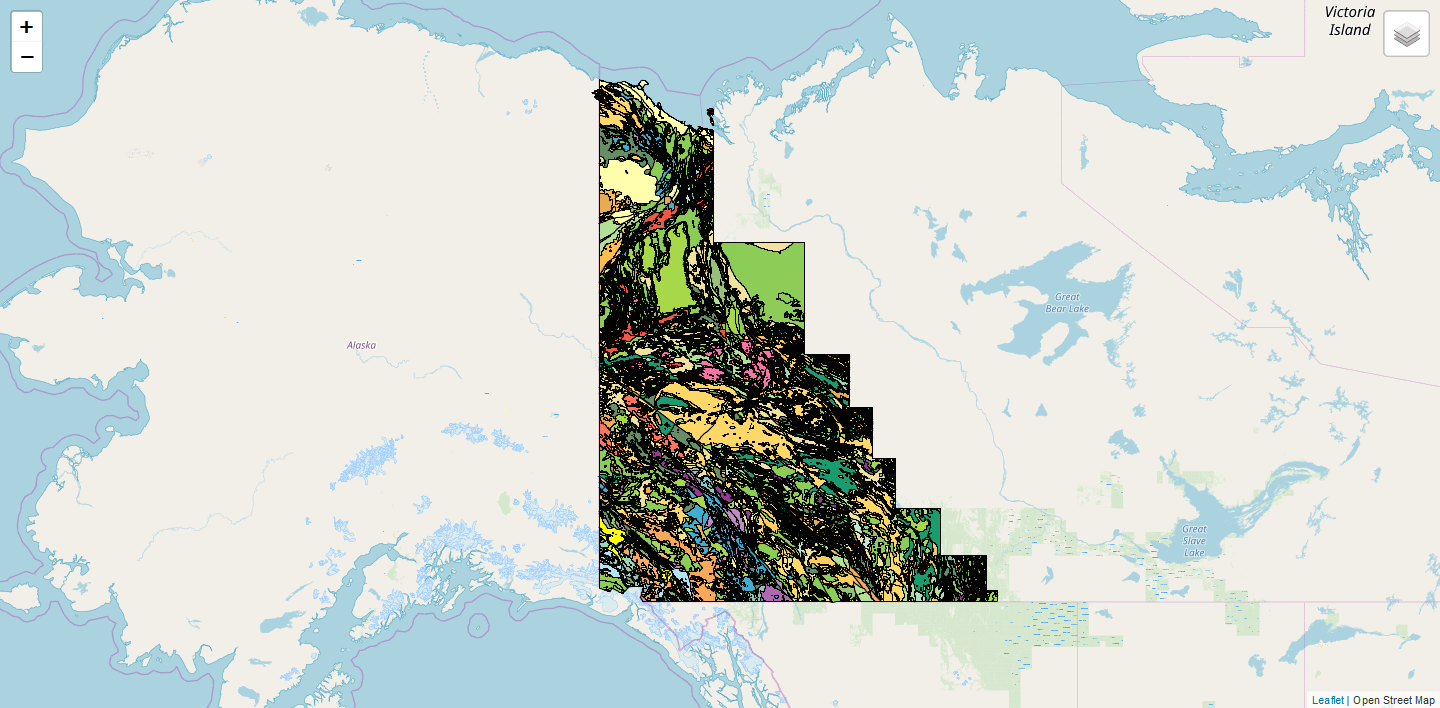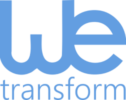
INSPIRE Goes Global
The INSPIRE directive was passed in 2007 to facilitate easy exchange of environmental and spatial information. Its purpose is to make data from different sources easily accessible to stakeholders to boost data-driven decision-making. INSPIRE offers high-quality data and a solid foundation to build data-driven processes on. Now, the value offered by the INSPIRE directive is being recognized by private organizations outside of the EU.
Minerva Intelligence Inc applies auditable and explainable AI to complex geoscience problems, ranging from geohazard assessment to mineral target identification to climate law impact. To get the best possible results, Minerva harnesses INSPIRE standards to improve the quality of its AI models.
In one of their projects, Minerva created a freely accessible map of Yukon Mineral Targets. It allows users to identify claimed and unclaimed mineral targets in the Yukon region. Minerva’s software evaluates the best mineral targets based on comparisons of targets with their best-matching mineral deposit models. Each target is assigned a score based on the degree of the match, and the targets with the highest score are displayed. An in-depth report of the scoring mechanism for each target is also available. The report explains how the comparison was done and how the score of each target was determined. These explanations provide a better understanding of the reasoning behind the AI’s decision-making in a simple and concise manner. It gives users information about what they need to investigate when conducting follow-up work on each target.

To improve the results of the AI model and apply it to data from different regions, global terminologies were needed. These terminologies would ensure that the model used in this situation could be reapplied to other similar situations. Standardized terminologies would ensure a high-quality database and improve the results of the AI model. It was also hard to find a specification that would be broadly applicable, since most data specifications are narrow and are built with a specific goal in mind.
To this end, the INSPIRE Geology data format was used for the bedrock geology layer. INSPIRE is an EU-wide standard that provides common terminologies for 44 countries with different types of data. This wide range ensured that the terminologies used in developing parts of this map could also be used for other purposes. The state-of-the-art terminology provided by INSPIRE formed a high-quality basis for the AI’s operations. It facilitated a better analysis of information.

Open standards such as INSPIRE create opportunities for collaboration. They create consistency in the storage of data to keep multiple stakeholders in sync. They consolidate data quality to ensure less risks in data processing. Ultimately, they lead to more better data-processing, be it in the private sector or the public sector.
Data standardization, however, can pose a challenge. It is hard to achieve without the right tools and knowledge. It is reported that most organizations spend up to 70% of their time only on data standardization tasks.
hale»connect was used to deliver the data and the map shown above. It allowed Minerva to design and publish data that was INSPIRE compliant through a secure methodology that guaranteed high data quality. Through the introduction of a standardised and easily available dataset, Minerva enhanced the results of its AI model and made its predictions more accurate. Since global terminolgies were used, the model could also be used for different regions without having to re-train or re-build the model.
Our toolset effectively helps you to deal with the complexities of standardisation, such as metadata generation and validation, data transformation and the publishing and viewing of services. We’ve already helped over 80 organizations comply with standards such as INSPIRE and XPlanung through our products and services, and we want to keep make standardization easily accessible. Do you want to know how your BI or AI application can benefit from easily accessible, standardized, harmonised data? Contact us, and we can set up a free webinar to guide you through the process!


